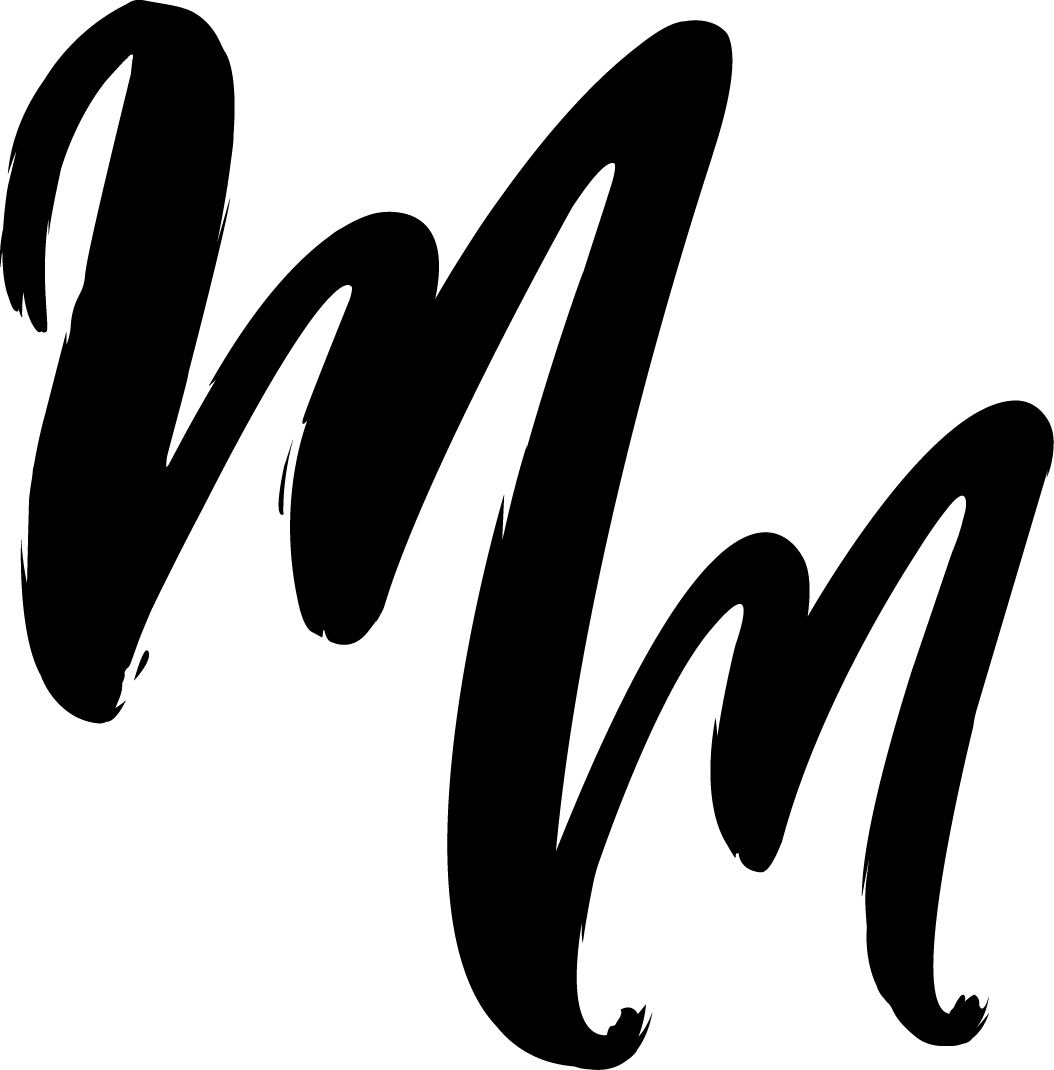Acupuncture has been increasingly used as a complementary treatment for addiction and trauma alongside conventional therapies.
The National Acupuncture Detoxification Association (NADA) protocol is a widely established technique used worldwide to help with drug and alcohol intervention and related behavioural and mental health conditions. This technique involves using acupuncture needles to stimulate five specific points on the ears. The needles are retained for 30-40 minutes, sometimes up to an hour if time allows. The NADA protocol was founded in the 1970s at the Lincoln Detox Centre in the Bronx, New York, due to the need for more support systems for individuals undergoing drug withdrawals, primarily from crack cocaine and heroin.
One of the main benefits of acupuncture for addiction and trauma is its ability to reduce stress and anxiety. Acupuncture has been shown to increase the release of endorphins, the body's natural painkillers, which can help alleviate feelings of anxiety and depression associated with addiction and trauma. Moreover, acupuncture can help regulate the levels of dopamine, a neurotransmitter that plays a key role in addiction, and reduce cravings for addictive substances. By stimulating specific points on the body, acupuncture can help regulate the brain's reward center and increase the chances of long-term recovery.
In addition to addiction, acupuncture is highly effective in treating trauma. Trauma can lead to physical and emotional imbalances in the body, which can lead to chronic pain, anxiety, and depression. Acupuncture works by addressing these imbalances and promoting the body's natural healing processes and promoting a sense of calm. It can help reduce physical pain and tension associated with trauma by promoting circulation and reducing inflammation.
The NADA protocol can be administered while sitting in regular chairs in a group setting, before or after group therapy, in a conference room, or anywhere there is comfortable seating. The more often the treatments are received, the more effective it is, but even one treatment per week shows benefits and outcomes such as improved engagement and retention with therapies, decreased drug cravings, fewer physical signs of withdrawal, and decreased anxiety.
Non-profit organizations like Acupuncture Without Borders use this protocol worldwide with their work in disaster relief settings like Hurricane Katrina and at refugee camps in dozens of countries.
Overall, acupuncture is a safe and effective complementary form of treatment for addiction and trauma. It can help reduce stress and anxiety, alleviate physical and emotional pain, and promote a sense of calm and well-being. As a natural and non-invasive form of treatment, acupuncture is an excellent option for those looking to recover from addiction or trauma alongside conventional therapies while being supervised by medical professionals.
How it works:
Get in touch - as a licensed acupuncturist with experience in the field of addiction and trauma, I will come to your treatment centre, group therapy, or retreat centre. Let’s connect and discuss how acupuncture can be integrated into your setting.

